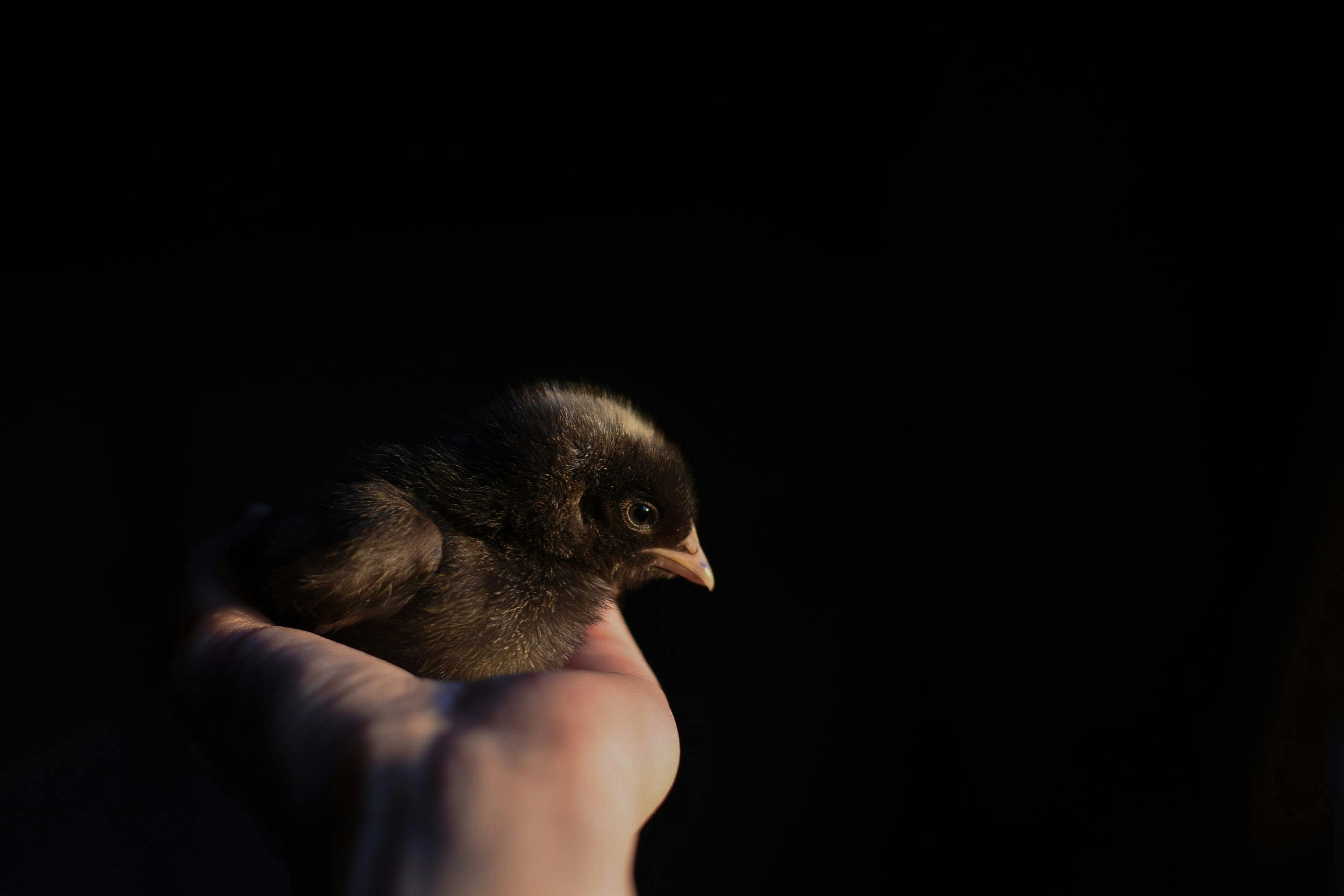
Introduction to Bird Keeping: A Rewarding Experience
Embarking on the journey of bird keeping can be an incredibly rewarding experience. Their vibrant colors, melodious chirping, and comforting companionship can turn a house into a home. Yet, it comes bundled with a set of responsibilities, as birds are delicate and enchanting creatures that require attentive care. This article delineates an essential guide for novice bird owners, providing insights to foster a love-filled relationship with these feathery friends.
Selecting the Right Bird: Understand Their Needs
The first step in bird keeping involves choosing the right bird. Birds are diverse creatures with varied lifespans, upkeep needs, socializing needs, and noise levels. For example, Budgies, Cockatiels, and Lovebirds are popular for beginners due to their sunny dispositions and easy-to-fulfill needs. Remember, owning a bird is a long-term responsibility and requires thorough research. Picking the right bird that resonates with your lifestyle and commitment level is crucial.
The Ideal Home for Your Bird: Proper Housing
Bird cages are essentially birds' homes and selecting a comfortable, spacious, and safe cage is crucial. The cage must be large enough for the bird to extend its wings and hop around. Ensure the cage bars’ distance is appropriate for your bird's size to prevent them from sticking their head out. A good cage must provide sufficient ventilation and make sure it is not placed near windows or in direct sunlight. Add different attractions like toys, perches, feeding and water dishes to satisfy your bird's needs.
Nutrition: Key to Your Bird’s Health
A balanced diet positively affects your bird's health and lifespan. Like us, birds thrive on a varied diet. Packaged bird food, seeds, fruits, vegetables, and certain treats can form part of their diet. However, some foods like avocado, chocolate, and coffee are toxic to birds and should be strictly avoided. It's always wise to consult a vet or a pet nutritionist before planning your bird's diet.
Healthcare: Monitoring Your Bird's Health
Birds are notorious for hiding their illness. It's essential to closely monitor their behavior and physical changes to ensure they are in top-notch health. Any change in their droppings, loss of appetite, ruffled feathers, difficulty flying, or unusual behavior should trigger a vet consultation. Regular visits to the vet should be part of your bird's routine. Additionally, remember to keep their cage clean to prevent disease spread.
Socializing and Training: Building a Bond
Birds are social creatures and thrive on interaction. Depending on the species, some birds require more socializing than others. Providing toys, spending quality time, talking to them, and allowing them to fly around the house under supervision can nurture a strong bond. Like other pet trainings, patience is the key. Always use positive reinforcement to train your bird; it not only makes them happy but also strengthens your relationship with them.
Conclusion: A Lasting Companionship
Raising a bird involves commitment and understanding. With the right care involving proper housing, balanced nutrition, regular health check-ups, and adequate socializing, novice bird owners can create a comforting and enriched environment for these feathered friends. The charm, companionship, and wonder that birds bring into any home are undoubtedly worth the care they demand. Be it the morning chirps that wake you up or the evening lullabies that serenade you to sleep, your bird becomes a lovely part of your life. With these bird care tips, be ready to embark on an exciting journey of bird keeping. After all, birds are not just pets; they are members of the family.